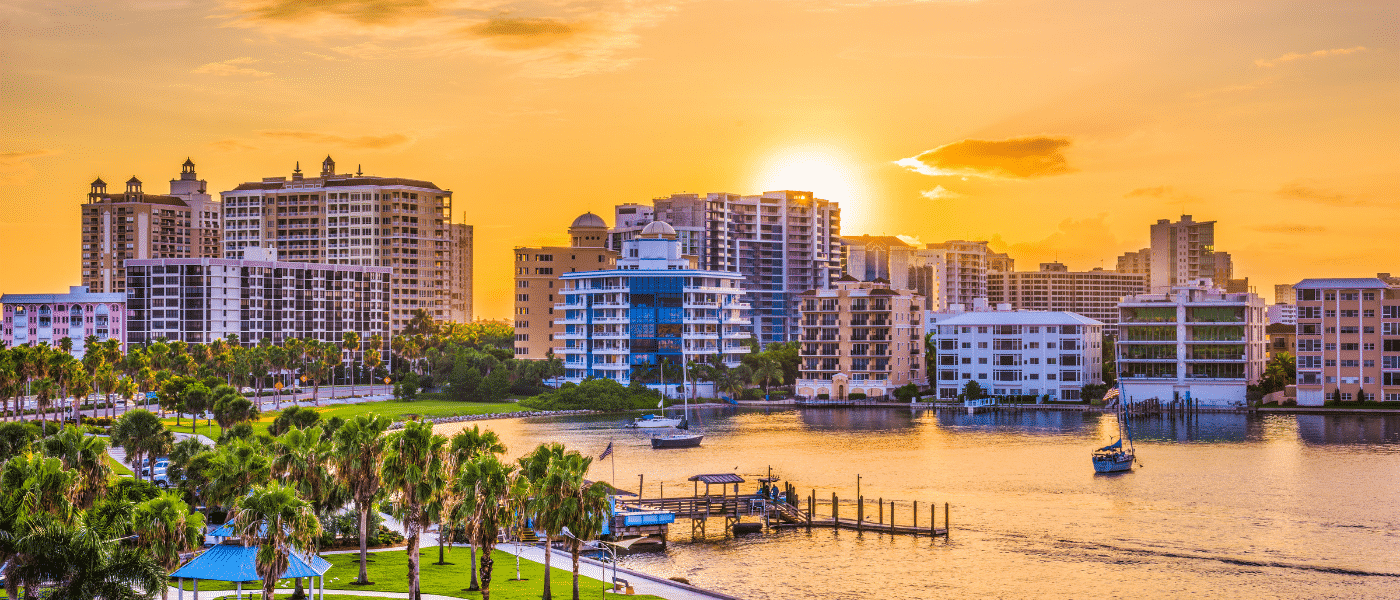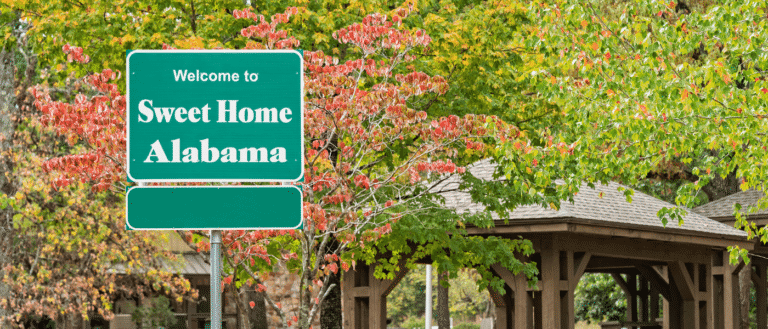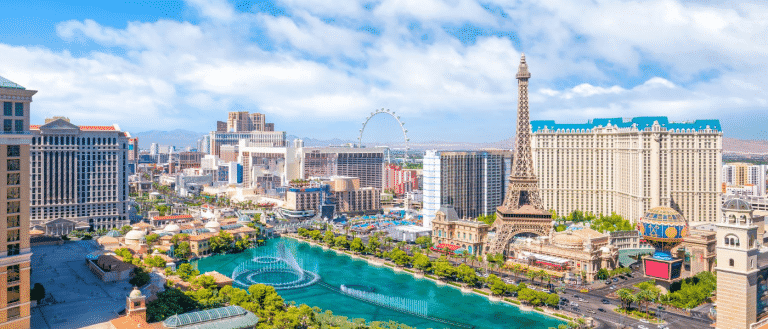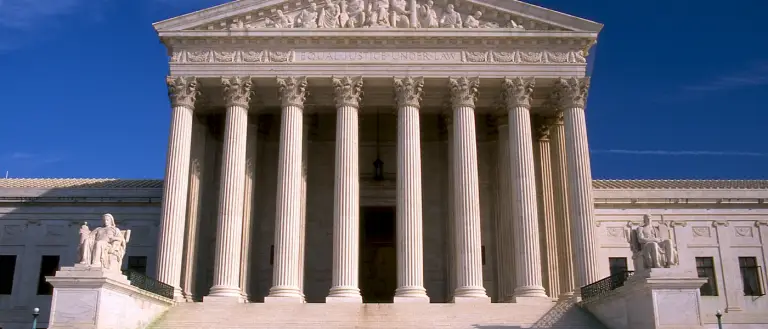Handicapping the Compact Between Florida And The Seminole Tribe

The latest reports from the Sunshine State suggest the deal between Gov. Ron DeSantis and the Seminole Tribe, which will open the door to legal sports betting in Florida, might yet hit a legislative wall.
That leaves open the question of whether this would necessarily be a bad thing for the wider US sports betting sector.
Developments in Florida emphasize that the ‘how’ of regulation is as, if not more important than the ‘if’ and ‘when.’ It shows how hopes of the sports-betting sector can be derailed even as regulation continues across the country.
As was made clear on a late April Deutsche Bank conference call with Florida gaming expert Matt Para from the 10MB, a consultancy firm based in the state, the deal announced between the Governor and the tribe had very little to do with sports betting.
Instead, as the DB team wrote, the 75-page document is effectively a casino deal that reinstates a revenue stream for the state coffers with sports betting tacked on “for headline purposes.”
The Longstanding Compact Dispute Between The State Of Florida and The Seminole Tribe
Florida and the Seminoles have been in dispute about the compact for over a decade. Speaking after the conference call to BettingUSA, Para says that the agreement made is mutually beneficial and brings “sustainability” to a Florida Seminole Compact relationship that has been in dispute for over a decade.
The 30-year deal would set tax levels for slots and tables at 12% and 15%, respectively, while the tribe would guarantee payments to the state of $2.5bn in the first five years of the Florida Seminole compact.
But it is the arrangement for sports betting which grabbed the headlines. Under the terms of the deal, the Seminole would effectively have a near-monopoly – or at the very least be the gatekeepers – on mobile betting via its Hard Rock sportsbook brand.
Even if skins are allowed, Para said the plans would enable the tribe to levy up to 40% of net revenue. As the Deutsche Bank team suggested, it creates a market where profit for “anyone other than the Seminoles” would be very difficult.
Para Believes Negotiations Still Have A Chance to Succeed
Despite the two sides appearing to reach an agreement in record time in late April, Para believes this isn’t a rushed proposal and considers its prospects for getting legislative approval at better than 50/50 despite the complexities of any tribe-related Florida sports betting legislation with the state.
“I’m sure there was a lot of discussions prior between both sides to ensure that whatever was presented and signed by the Governor would have a strong chance to be approved by the legislature,” says Para.
“Additionally, the Tribe is already a huge employer in the state, and many of the terms of this new compact would create even more jobs, so there is that unseen economic impact that should factor into considerations,” he adds.
After New York and now Florida, the possibility that the biggest states might not open in an optimum fashion – with New Jersey and Michigan held up as examples – is now very real for the sports betting sector.
Florida Highlights State Complexities
Para points out that the oft-overlooked factor in state-by-state is the differences between states when it comes to the “relationships and priorities” of each.
“Operators need to embrace that gambling in general in the US is a complicated subject and will continue to be so,” he argues.
But he adds that Florida presents a viable model for other states where it is “mainly tribal gaming with strong compact” – and you can’t help see that these comments are directed at California.
“Is it the best model? I can’t say, but it is different from what we have seen to date in terms of the sports-betting aspect.”
It also delivers on taxes, which is something the industry should bear in mind. Some examples of the state tax take the dial barely nudging upwards after the introduction of sports betting.
A Compact-style agreement can pencil in guaranteed material amounts rather than “projections from operator lobbyists based on tax rates where the expected revenue doesn’t pan out,” says Para.
“We have already seen some cases in other states where the deductions of promotional spend have essentially wiped out revenue projections for the state,” said Para. “And it remains to be seen how this will be addressed if the taxes budgeted continue to fall short, but it is safe to say things will not get cheaper for operators.”
Scott Longley has been a journalist since the early noughties covering personal finance, sport and the gambling industry. He has worked for a number of publications including Investor’s Week, Bloomberg Money, Football First, EGR and GamblingCompliance.com. He now writes for online and print titles across a wide range of sectors.







